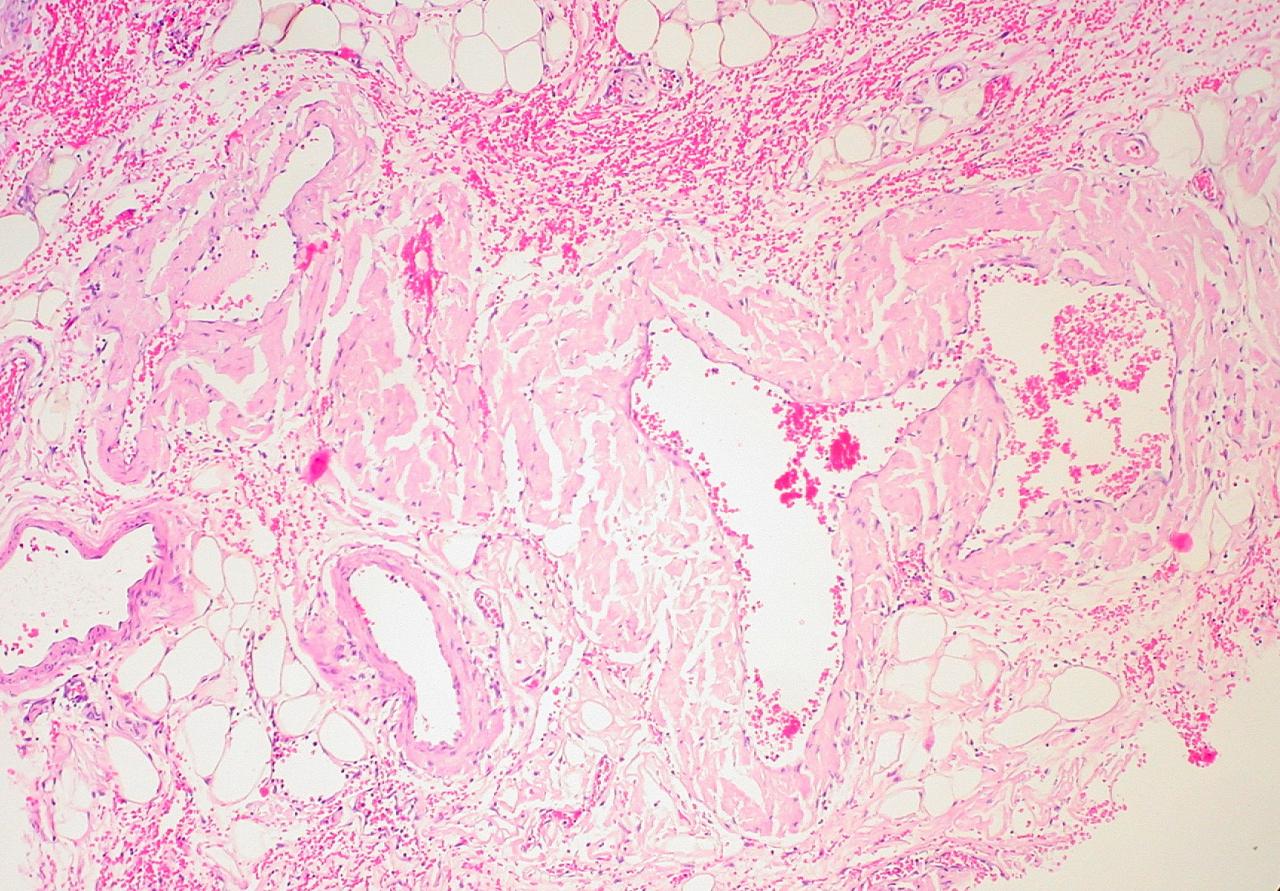About 2 to 10 percent of dementia cases are frontotemporal dementia, a group of diseases in which nerve cell degeneration occurs in the frontal and temporal lobes of the brain, according to the National Institute of Neurological Disorders and Stroke. The majority of patients begin having symptoms between the ages of 40 and 65.
Several disorders fall under the grouping of frontotemporal dementia. These include semantic dementia, Pick’s disease and primary progressive aphasia.
The symptoms of frontotemporal dementia fall into two main categories: behavior changes and language difficulties.
For example, with behavioral changes, the patient may have a decline in her personal hygiene, participate in more inappropriate actions, including socially inappropriate behaviors, and experience a loss of empathy. She may also overeat and have a lack of judgment.
Other behavioral symptoms of frontotemporal dementia include repetitive compulsive behavior, apathy, and a lack of awareness of these changes. The language problems of frontotemporal dementia depend on the type the patient has.
With primary progressive aphasia, for example, the patient has difficulty with written and spoken language, both understanding it and using it. But with semantic dementia, the patient speech is grammatically correct, but the content of her speech does not pertain to the conversation she is having.
Some patients may have trouble with movement, such as muscle weakness, tremors and poor coordination. The Family Caregiver Alliance noted that in the late stage of frontotemporal dementia, patient may progress to mutism, have a loss of muscle movement, or not make motor responses when given a verbal command. Patients may also experience memory loss later in the disease.
The National Institute of Neurological Disorders and Stroke noted that the prognosis of frontotemporal dementia is poor, with some patients requiring 24-hour care at either their home or an inpatient setting.
On average, patients live with frontotemporal dementia for five to 10 years after they are diagnosed. The Family Caregiver Alliance added that some patients have a rapid decline in functioning over a period of two to three years, though other patients may have only a minimal decline.
The treatments for frontotemporal dementia focus on ameliorating symptoms, as no cure exists nor a treatment to slow the progression of the disease. Options include antidepressants and antipsychotics for the behavioral problems, though the MayoClinic.com pointed out that a possible side effect of antipsychotics for older patients is an increased risk of mortality. Patients with language problems may benefit from speech therapy.
References
National Institute of Neurological Disorders and Stroke. Frontotemporal Dementia Information Page. Web. 14 September 2011
http://www.ninds.nih.gov/disorders/picks/picks.htm
Family Caregiver Alliance. Frontotemporal Dementia. Web. 14 September 2011
http://www.caregiver.org/caregiver/jsp/content_node.jsp?nodeid=573
MayoClinic.com. Frontotemporal Dementia. Web. 14 September 2011
http://www.mayoclinic.com/health/frontotemporal-dementia/DS00874/METHOD=print
National Institute of Neurological Disorders and Stroke. Dementia: Hope Through Research. Web. 14 September 2011
http://www.ninds.nih.gov/disorders/dementias/detail_dementia.htm
Reviewed September 15, 2011
by Michele Blacksberg RN
Edited by Jody Smith






Add a Comment1 Comments
how can I send this info .to family members?
January 12, 2013 - 11:22pmThis Comment